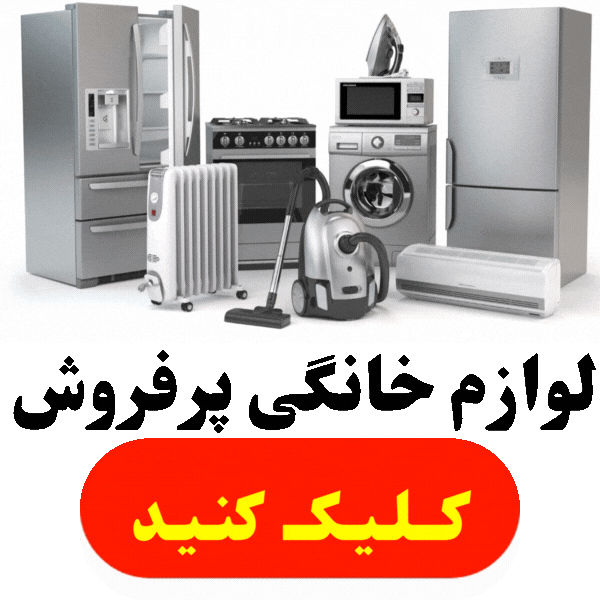Security forces fire tear gas at Beirut protesters denouncing deadly chemical explosion
Security forces fired tear gas at stone-throwing protesters on Saturday after they tried to reach Lebanon's parliament area in downtown Beirut in a demonstration over this week's deadly chemical explosion at the city's port.
Thousands of people had poured into Beirut's main square, with some hanging up symbolic nooses and saying that officials should be hanged in the wake of the blast that devastated large parts of the capital and killed more than 150 people.
The explosion of thousands of tonnes of ammonium nitrate stored at the port, apparently set off by a fire, was the biggest in Lebanon's history and caused an estimated $10 billion to $15 billion US worth of damage, according to Beirut's governor. It also left hundreds of thousands of people homeless.
Senior officials from the Middle East and Europe started arriving in Lebanon on Saturday in a show of solidarity.
The visits by the head of the Arab League and the European Council president come as the country braced for anti-government protests amid popular anger against Lebanon's political leadership.
WATCH | Blast leaves an already struggling city devastated:
The country's ruling class, made up mostly of former civil war-era leaders, is blamed for widespread corruption, incompetence and mismanagement that contributed to Tuesday's explosion.
In a show of anger, the president of the Christian opposition Kataeb Party said its three legislators have decided to resign from parliament over this week's "disaster" that hit the country. Samy Gemayel called on every "honourable" member of parliament to resign and work for the "birth of a new Lebanon."
A senior Kataeb Party official was killed in the blast, which also wounded about 6,000 people and laid waste to the country's largest port and nearby areas.
Also killed were 43 Syrians, the country's embassy in Beirut said. Lebanon is home to some one million Syrian refugees.
The Dutch Foreign Affairs Ministry said Saturday that Hedwig Waltmans-Molier, the wife of the Netherlands' ambassador to Lebanon, had also died of injuries sustained in Tuesday's blast.
The blast came at a time when Lebanon is passing through its worst economic and financial crisis in decades, making it difficult for many people who had their properties damaged to fix them.
Documents that surfaced after the blast showed that for years, officials had been repeatedly warned that the presence of 2,750 tonnes of ammonium nitrate at the port posed a grave danger, but no one acted to remove it. Officials have been blaming one another since the explosion, and 19 people have been detained, including the port's chief, head of Lebanon's customs department and his predecessor.
"We will support Lebanon through all available means," Ahmed Aboul Gheit, the secretary general of the 22-member Arab League, told reporters after meeting President Michel Aoun on Saturday morning. Aboul Gheit said he would take part in a donors conference for Lebanon in France on Sunday and convey Lebanon's demands to the international community.
Later Saturday, the president of the European Council, Charles Michel, arrived in Beirut for a brief visit. Turkey's vice-president and the country's foreign minister arrived Saturday morning and met Aoun, saying that Ankara was ready to help rebuild Beirut's port and evacuate some of the wounded from Lebanon to Turkey for treatment.
British Prime Minister Boris Johnson spoke to Aoun on Saturday to "convey the U.K.'s deepest sympathies to the Lebanese people," a Downing Street spokesperson said.
The two leaders discussed the "urgent humanitarian, medical and reconstruction needs" following the blast and Britain's support provided to date, including the release of £5 million (just over $8.5 million) in emergency funding and deployment of the Royal Navy's HMS Enterprise, which will carry out survey work in the port.
At the site of the blast, workers were still searching for those who are missing. Bulldozers could be seen removing debris near the giant grain silos that are still partly standing.
International aid has been flowing to Lebanon for days, and several field hospitals have been set up around Beirut to help treat the wounded.
U.S. President Donald Trump said Friday that he had also spoken by telephone with Aoun and French President Emmanuel Macron, who flew to Lebanon on Thursday for a visit. Trump did not mention the investigation but noted that medical supplies, food and water were being sent from the United States, along with emergency responders, technicians, doctors and nurses.
WATCH | An explosives expert explains what made ship's cargo so dangerous:
The ammonium nitrate, a chemical compound used in fertilizers and explosives, originated from a cargo ship called MV Rhosus that had been travelling from the country of Georgia to Mozambique in 2013. It made an unscheduled detour to Beirut as the Russian ship owner was struggling with debts and hoped to earn some extra cash in Lebanon. Unable to pay port fees and reportedly leaking, the ship was impounded.
In 2014, the material was moved from the ship and placed in a warehouse at the port, where it stayed until the explosion.
tinyurlis.gdu.nuclck.ruulvis.netshrtco.detny.im

